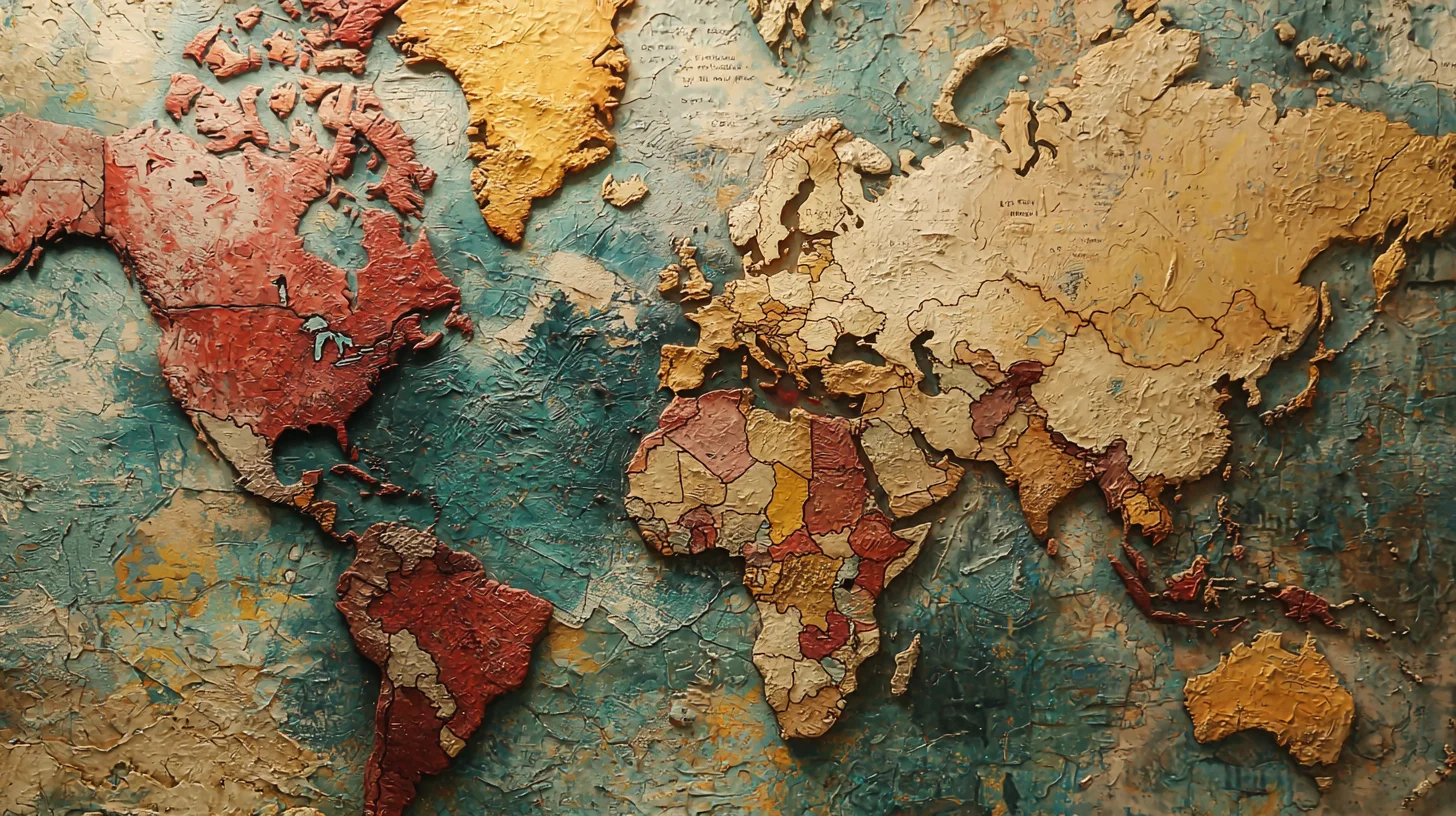17 February 2024
The End of an Era: Reflecting on Prohibition's Last Call.

Press the play button in the top right corner to listen to the article
On this day, we mark the historical moment when the United States closed a controversial chapter in its history - the end of Prohibition. The Prohibition era, spanning from 1920 to 1933, was a time of profound social upheaval, economic transformation, and cultural conflict. It was a period when the manufacture, sale, and transportation of alcoholic beverages were banned nationwide under the 18th Amendment to the Constitution, enforced by the Volstead Act.
The Genesis of Prohibition
The roots of Prohibition can be traced back to the early 19th century, with the rise of the temperance movement. Advocates argued that alcohol was responsible for many societal ills, including poverty, violence, and the disintegration of family values. The movement gained significant momentum, culminating in the ratification of the 18th Amendment in 1919.
A Nation Divided
The enforcement of Prohibition created an immediate divide in American society. On one side were the "drys," who supported the ban for its potential to cleanse society's ills. On the other were the "wets," who viewed the legislation as an infringement on personal freedoms and a disastrous economic policy that hurt businesses.
The Rise of the Speakeasy
Prohibition unwittingly fostered an era of creativity and defiance. With legitimate bars and saloons shuttered, speakeasies—illegal bars operating in secrecy—blossomed in every city. These establishments not only served alcohol but also became hubs of cultural development, hosting jazz performances and becoming social melting pots.
The Bootlegging Boom
The demand for alcohol gave rise to a vast underground network of bootlegging, smuggling, and home brewing. Notorious figures such as Al Capone built criminal empires based on the illegal alcohol trade, leading to an increase in organized crime and violence. This unintended consequence highlighted the difficulties of enforcing Prohibition and began to sway public opinion against it.
The Economic Impact
Prohibition had a profound economic impact, leading to lost tax revenue and job losses in industries related to alcohol production and sales. The onset of the Great Depression in 1929 further exacerbated these economic strains, pushing the government to reconsider its stance on Prohibition.
Repeal and Legacy
The growing discontent with Prohibition's outcomes led to the ratification of the 21st Amendment in 1933, repealing the 18th Amendment and ending the national ban on alcohol. This momentous decision was celebrated across the country, signaling not just the return of legal alcohol but also a shift in government policy and public opinion.
Reflections on Prohibition
Today, Prohibition is often viewed through a lens of curiosity and bemusement. It serves as a powerful lesson on the complexities of legislating morality, the capacity for societal adaptation, and the unpredictable consequences of government intervention. As we commemorate the end of Prohibition, it's an opportunity to reflect on its enduring legacy on American culture, law, and the ongoing debates over individual freedoms versus collective responsibility.
The Prohibition era, with its speakeasies, bootleggers, and flappers, has left an indelible mark on the American psyche, reminding us of a time when the nation dared to enact a grand, moral experiment and faced the multifaceted repercussions of that decision.
The content, including articles, medical topics, and photographs, has been created exclusively using artificial intelligence (AI). While efforts are made for accuracy and relevance, we do not guarantee the completeness, timeliness, or validity of the content and assume no responsibility for any inaccuracies or omissions. Use of the content is at the user's own risk and is intended exclusively for informational purposes.
#botnews















































































